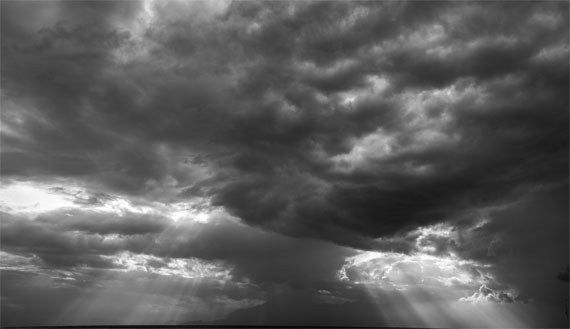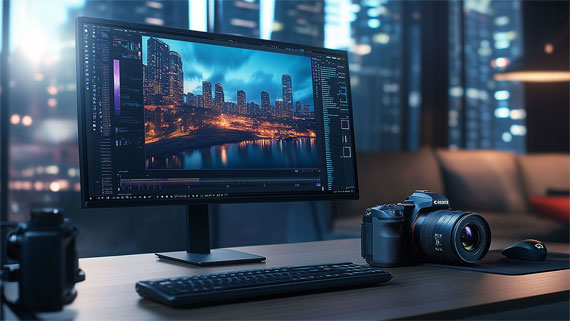The digital revolution has dramatically changed the landscape of photography. From cameras that capture the minutest of details to post-processing software that allows unlimited creative possibilities, technology has expanded the boundaries of what’s possible. One such technological leap has been the advent of sky replacement techniques in photo editing software. However, this tool has sparked considerable debate within the photography community.
Relevant reminder: deal ending soon for Photoshop A.I. Made Easy at 40% Off

Photo captured by engin akyurt
Sky replacement allows photographers to substitute a dull, uninspiring sky in their image with a more dramatic or visually appealing one from a different photograph. This is made possible through the use of powerful artificial intelligence algorithms in photo editing software such as Adobe’s Photoshop, which can seamlessly blend different images together.
The proponents of sky replacement argue that it is just another tool in a photographer’s digital toolbox. Like any other form of post-processing – adjusting contrast, saturation, or sharpness – sky replacement is seen as an extension of the creative process. It allows photographers to realize their creative vision without being limited by the circumstances of a shoot. For instance, a landscape photographer who has traveled to a remote location only to encounter lackluster weather conditions can substitute the sky to better reflect their artistic vision.
Moreover, from a commercial perspective, sky replacement can be a valuable asset. Real estate photographers, for instance, often have to deal with uncooperative weather conditions. A gloomy sky can make a property appear less attractive, potentially affecting its marketability. In such cases, sky replacement can help to present the property in a more favorable light.
However, the use of sky replacement techniques has also generated considerable controversy. Detractors argue that it crosses the boundary from image editing into image creation, diluting the authenticity of photography. They contend that part of the challenge, and therefore the art of photography, lies in the ability to capture stunning images in spite of unfavorable conditions. Sky replacement, in their view, lessens the skill and talent involved in photography.
Critics also raise ethical concerns, especially in areas like photojournalism and documentary photography, where authenticity is paramount. If the sky in a war-torn region is replaced with a peaceful sunset, the image could misrepresent the reality of the situation, potentially misleading viewers.
There is also the argument that sky replacement creates an unrealistic standard for what a photograph should look like. As more images feature perfect, dramatic skies, there is a risk of homogenizing the aesthetic of photography and creating a culture where only ‘perfect’ images are valued.
As with many debates, the issue is not black and white. The use of sky replacement is dependent on the context, the intent of the photographer, and the expectations of the audience. It’s crucial to maintain an open dialogue about the ethical implications and to ensure that as technology continues to advance, it enhances the art of photography rather than dilutes it.
The sky replacement debate underlines the broader discourse on how far photographic manipulation can go before it crosses ethical boundaries. It’s a conversation that the photography community will continue to have as it navigates the digital era’s uncharted territories. After all, at the heart of photography lies the pursuit of truth and beauty, and it’s essential to strike a balance between them in the age of digital manipulation.
For Further Training:
There is an new modern photo editing course just released called Photoshop A.I. Made Easy, a comprehensive online video course designed to revolutionize your photo editing skills by harnessing the power of Adobe Photoshop’s latest artificial intelligence features.
Stay ahead in the ever-evolving field of photo editing by mastering these cutting-edge tools. We were able to get a special 40% discount (almost over) on the course for our blog readers.
Only a few days left: Photoshop A.I. Made Easy at 40% Off
Like This Article?
Don't Miss The Next One!
Join over 100,000 photographers of all experience levels who receive our free photography tips and articles to stay current:







Leave a Reply